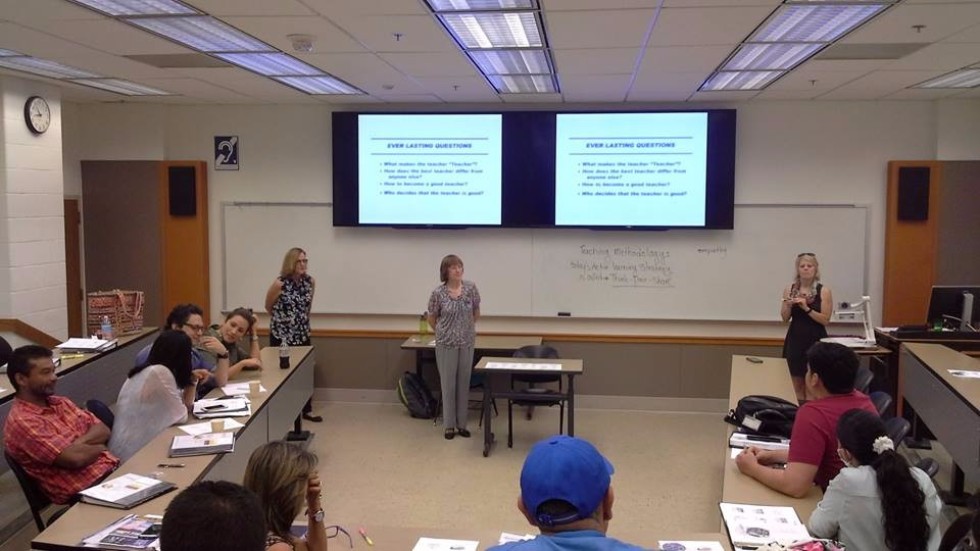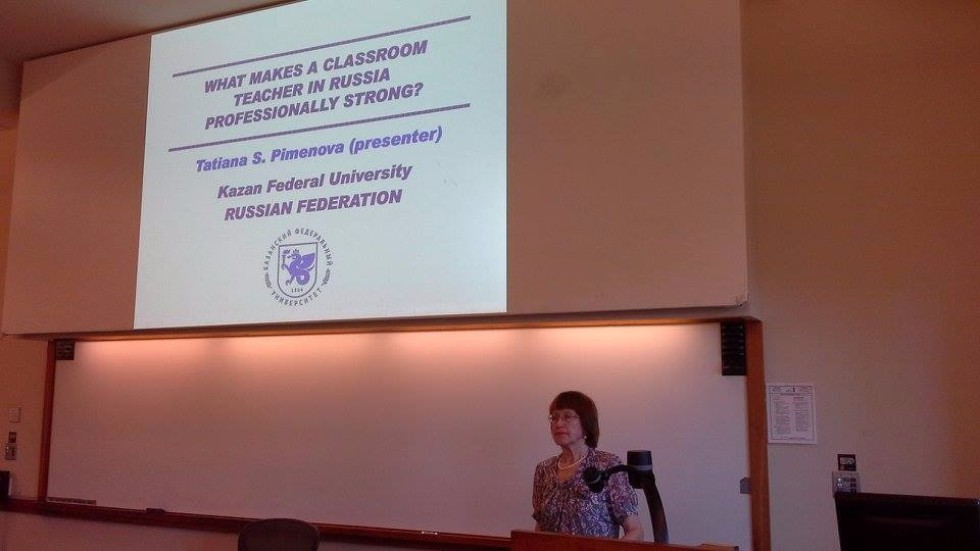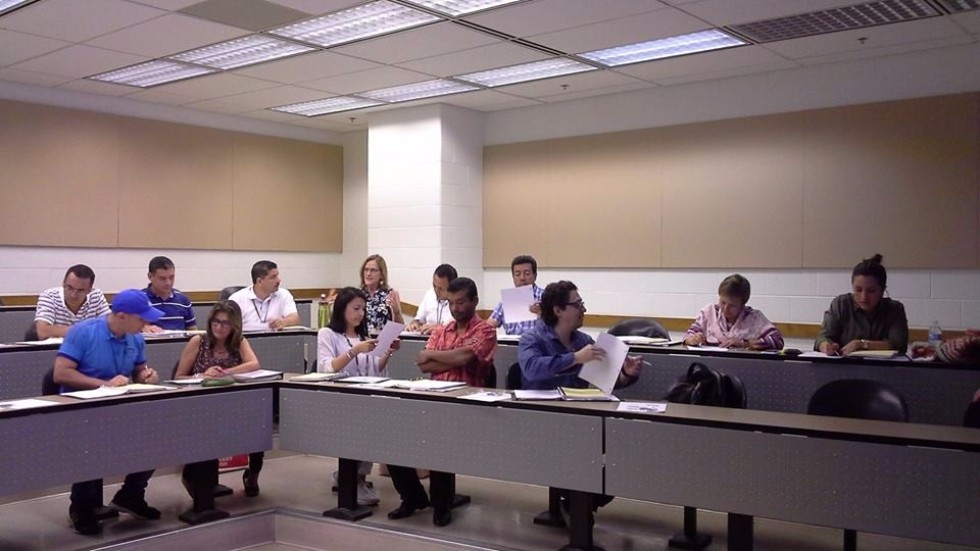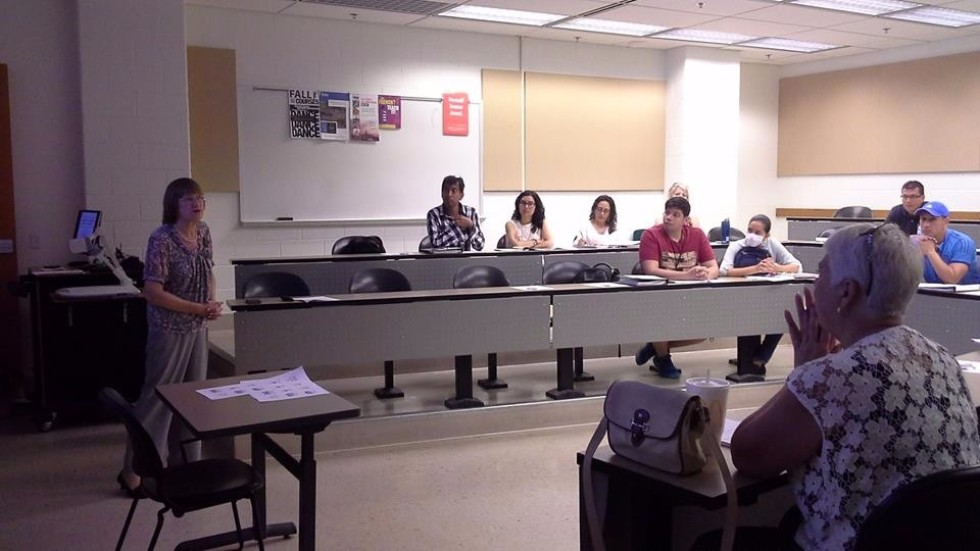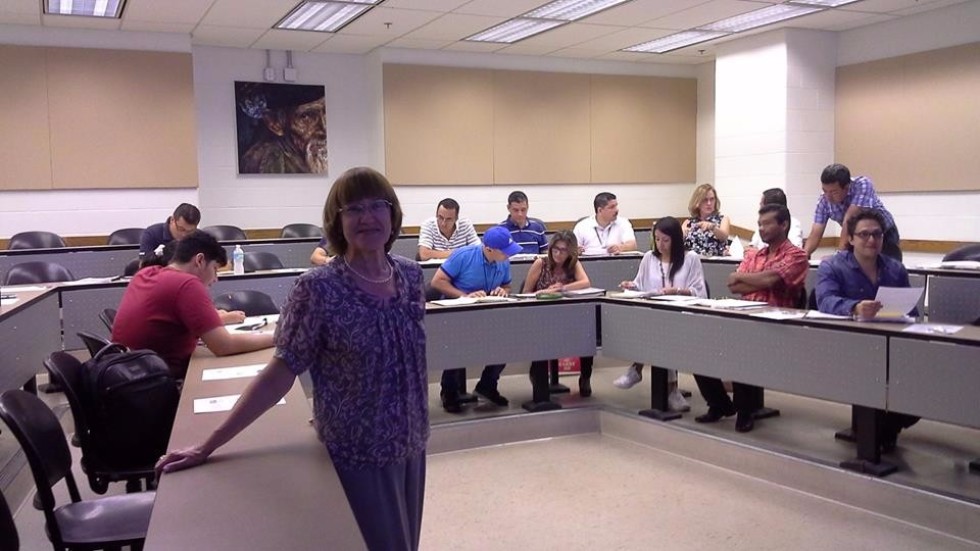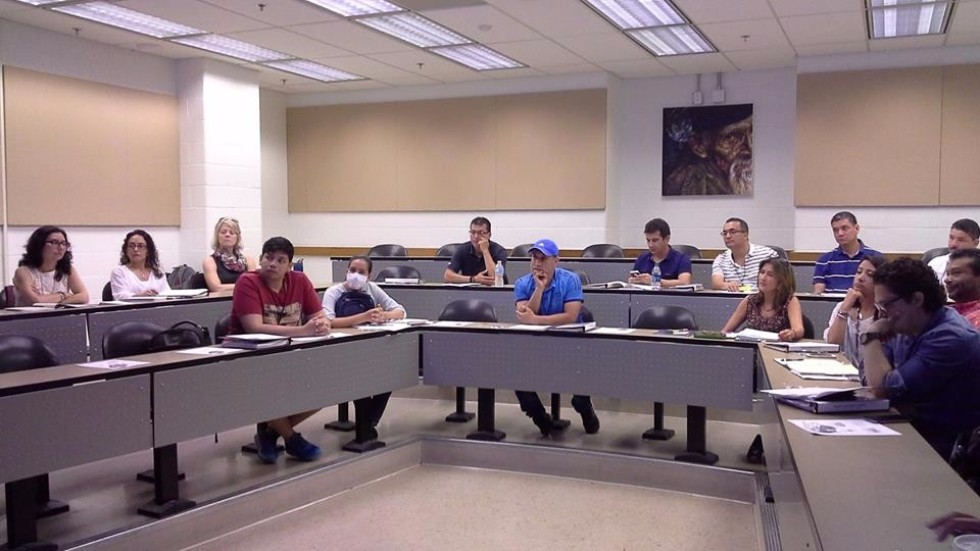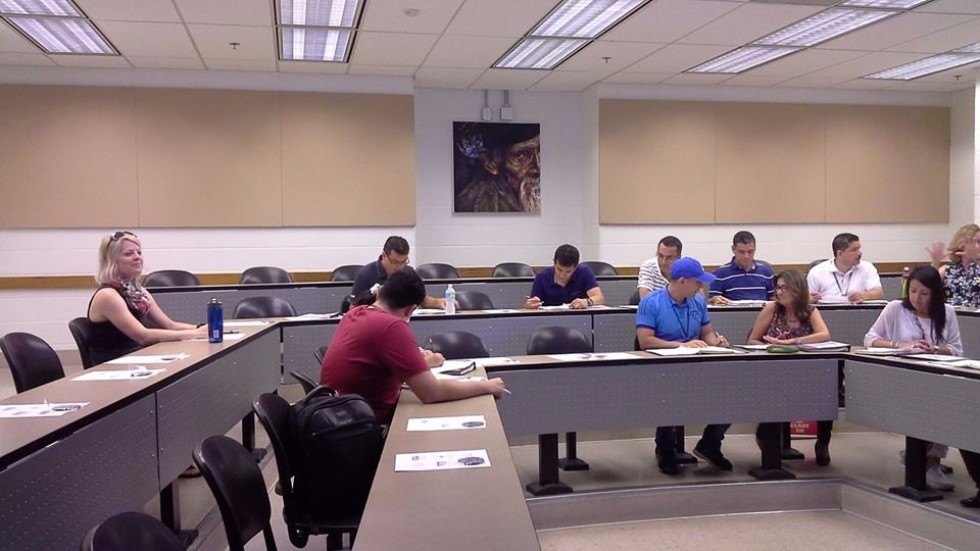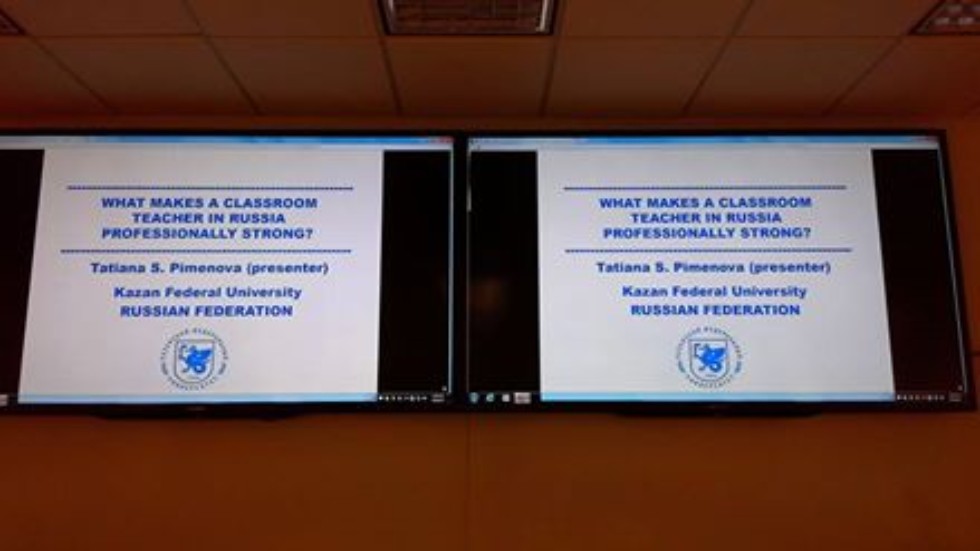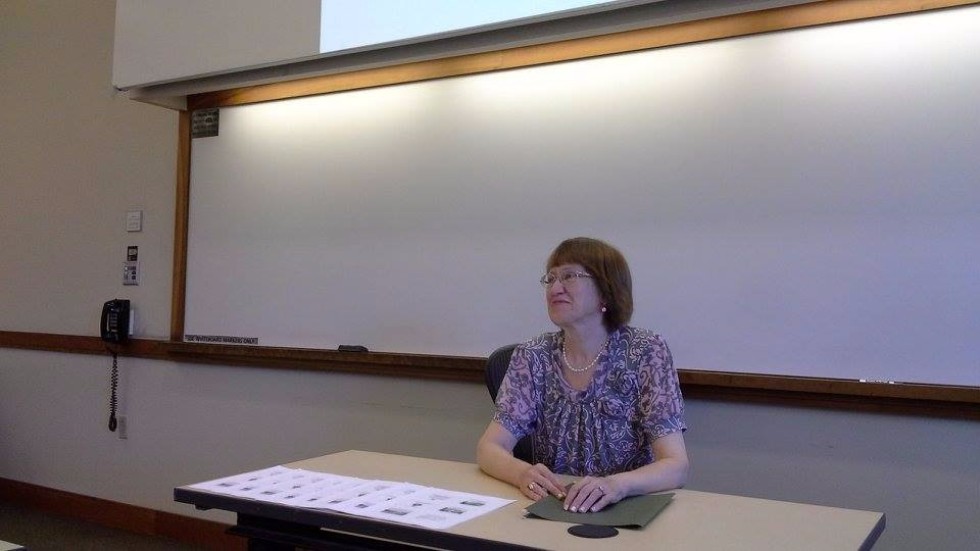KAZAN FEDERAL UNIVERSITY (RUSSIA) - PURDUE UNIVERSITY (USA): COLLABORATION CONTINUES
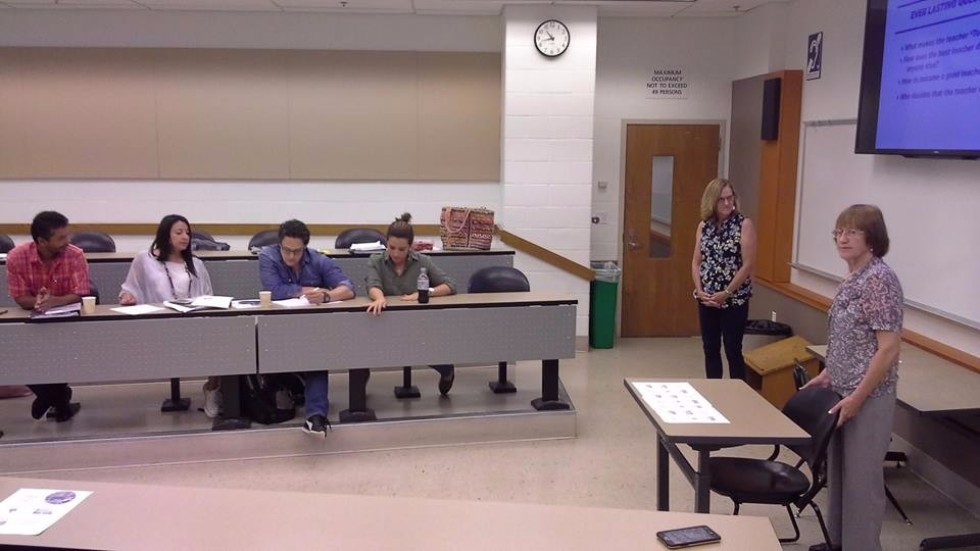
This summer Purdue University (USA) hosted a guest speaker Tatiana S. Pimenova from Leo Tolstoy Institute of Philology and Intercultural Communication of Kazan Federal University.
This is not the first joint project of Kazan Federal University and Purdue University. The collaboration started in October 2016 with the international E-Pal project for American and Russian students, which was aimed at developing greater understanding of others’ cultures and practices in teaching school students, and a more internationalized perspective on teaching and learning foreign languages (http://teacher21.kpfu.ru/otkryvaem-novye-mezhdunarodnye-gorizonty-pochemu-by-i-net/). In May 2017, there was organized a web conference presentation for Leo Tolstoy Institute of Philology and Intercultural Communication students, where they got acquainted with the unique technology Kahoot!, which is actively used in teaching foreign languages abroad (http://kpfu.ru/eng/academic-units/humanities/philology-culture/may-26-2017-a-web-conference-presentation-for-leo.html).
Two presentations of Tatiana S. Pimenova were included into the program of the training courses, which Purdue University offered to the faculty members from several universities of Colombia. The topic of the presentations aroused great interest among the Colombian and American university teachers because it touched upon the fundamental questions about higher education:
- new key competences and knowledge required of a classroom teacher that can meet the market’s demands,
- the need for new educational materials and syllabuses,
- the traditional gap between school and university, and many others.
It should be noted that during the two-hour discussion Colombian teachers stated that Russia has always been given the highest attainment of college-level education in the world, and demonstrated fairly good knowledge about the system of education in Russia.
At the end of the meeting, both sides agreed on maintaining contacts and developing joint international projects.
Source of information: Leila Salekhova, Head of the Department of Educational Technology and Information Systems in Philology











